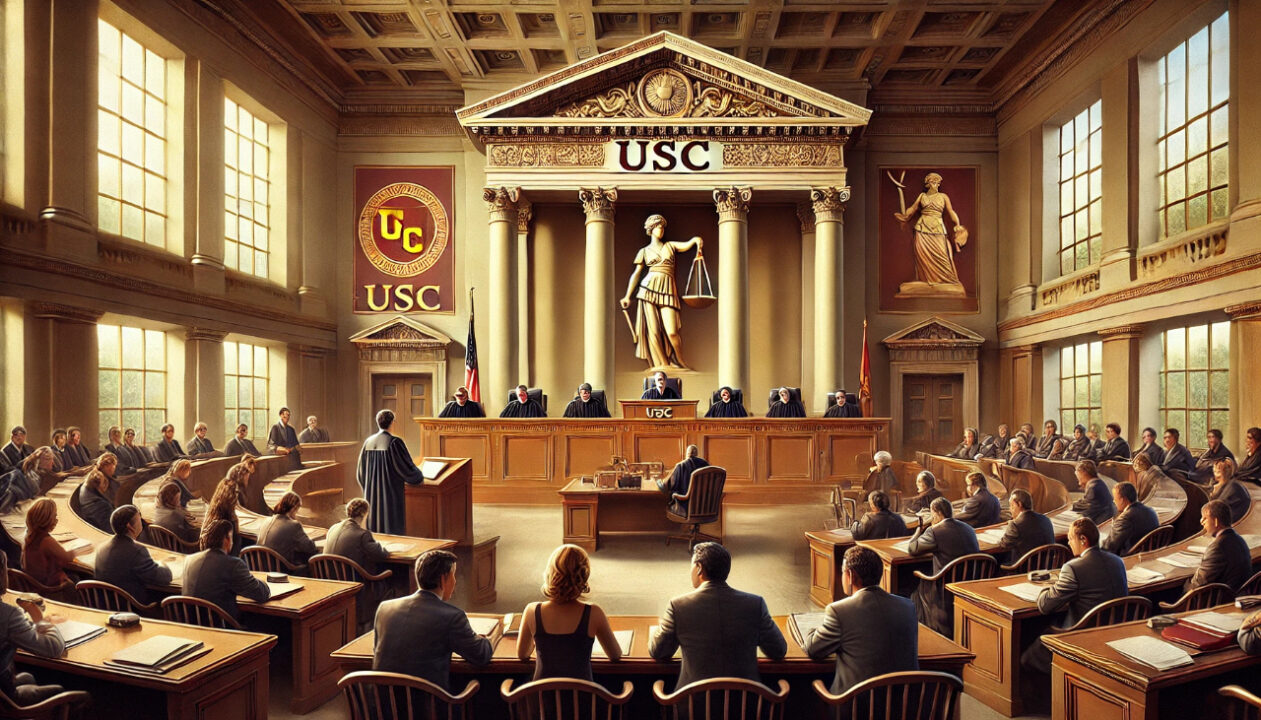The University of Metaphysical Sciences lawsuit update has garnered significant attention, sparking questions about the institution’s standing, the legal implications, and what the outcome means for its community. Whether you’re a student, alumni, or observer, understanding the latest developments in this case is crucial.
What is the University of Metaphysical Sciences?
The University of Metaphysical Sciences (UMS) is a respected institution focusing on metaphysical, spiritual, and holistic teachings. Known for offering degrees in various metaphysical disciplines, UMS empowers students to explore spiritual philosophies and practices. With courses spanning meditation, energy healing, and metaphysical counseling, the university has long attracted a diverse audience.
You May Also Like: C.W. Park USC Lawsuit: Intellectual Property Dispute
However, like any organization, UMS has faced its share of challenges. Recent legal proceedings have thrust the institution into the limelight, leading to intense scrutiny and widespread speculation.
Background of the Lawsuit
Legal issues are often complex, and the lawsuit involving UMS is no exception. It originated from disagreements about accreditation standards, operational practices, and the institution’s educational model. Critics have questioned whether UMS fulfills traditional academic benchmarks, leading to legal scrutiny.
Key points of contention include:
- Accreditation disputes regarding recognition in higher education.
- Alleged misrepresentation of credentials or program efficacy.
- Financial transparency and operational practices.
These claims, whether substantiated or not, have provoked mixed reactions from supporters and detractors alike.
Latest Developments in the UMS Lawsuit
The most recent University of Metaphysical Sciences lawsuit update highlights critical changes in the legal landscape. Court filings have shed light on:
- Ongoing negotiations for settlement or resolution.
- Changes in regulatory requirements impacting UMS operations.
- Revised communication strategies to address public concerns.
Despite the challenges, UMS leadership has remained steadfast, emphasizing their commitment to spiritual education and their student body.
How Does the Lawsuit Impact Students and Alumni?
The lawsuit has raised concerns about the value and recognition of UMS degrees. Potential implications include:
- Credibility Challenges: Questions about institutional legitimacy could affect degree holders in professional contexts.
- Educational Continuity: Current students may wonder whether courses will proceed without disruption.
- Alumni Concerns: Graduates might face skepticism when presenting credentials in competitive industries.
UMS has sought to reassure stakeholders by issuing public statements that reaffirm their dedication to maintaining high educational standards.
Legal Implications for UMS
As the lawsuit unfolds, the outcomes could reshape the institution’s operations. Possible legal consequences include:
- Mandated changes to marketing or program descriptions.
- Adjustments to tuition structures and financial disclosures.
- Regulatory oversight to ensure compliance with educational guidelines.
Regardless of the legal resolution, the case serves as a precedent for institutions offering nontraditional education.
Public Perception of the Lawsuit
Public reactions to the University of Metaphysical Sciences lawsuit update have been varied. Advocates for the university argue that the focus on metaphysical studies inherently challenges conventional academic norms, making it unfairly targeted. On the other hand, critics assert that transparency is essential, especially when tuition and credentials are involved.
UMS’s Response to the Lawsuit
UMS has adopted proactive measures to address the concerns raised by the lawsuit. These include:
- Enhanced communication with students and alumni via email and webinars.
- Clarifications on accreditation and degree recognition to dispel misconceptions.
- Implementation of internal audits to align with regulatory expectations.
The university’s leadership has consistently expressed optimism, viewing the lawsuit as an opportunity to strengthen its foundations.
The Role of Accreditation in the Dispute
Accreditation is a focal point in the University of Metaphysical Sciences lawsuit update. Many online universities face similar challenges, as accreditation standards can vary widely based on jurisdiction and institutional focus.
UMS operates within a niche that emphasizes spiritual growth over conventional academic outcomes. However, legal disputes often hinge on whether such approaches meet broader expectations for education.
Lessons for Prospective Students
For those considering enrollment at UMS, the lawsuit offers valuable lessons:
- Research Thoroughly: Understand accreditation and program details before committing.
- Clarify Goals: Determine whether a metaphysical degree aligns with your professional or personal aspirations.
- Stay Informed: Keep track of institutional updates to make informed decisions.
These steps can help ensure a rewarding educational experience.
Conclusion
The University of Metaphysical Sciences lawsuit update underscores the challenges faced by nontraditional educational institutions in an evolving regulatory landscape. While the case raises valid questions, it also provides opportunities for UMS to reinforce its commitment to spiritual education and transparency.



